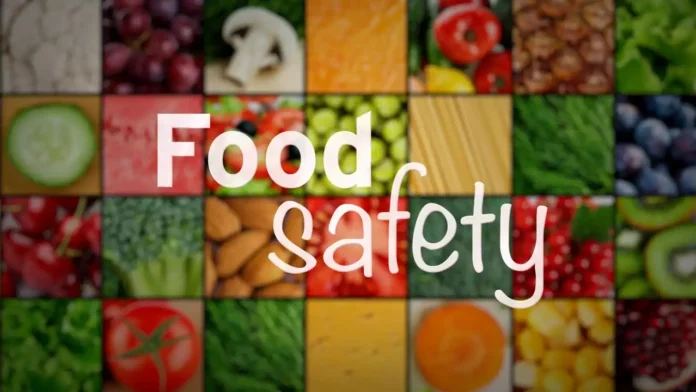The World Health Organization (WHO) aims to establish a network to assist nations in monitoring foodborne illnesses.
The first meeting of the WHO Alliance for Food Safety is scheduled to take place in Geneva, Switzerland, in May, supported by the Centers for Disease Control and Prevention’s (CDC) Division of Foodborne, Waterborne, and Environmental Disease (DFWED).
The WHO Global Strategy for Food Safety from 2022 to 2030 was endorsed during the World Health Assembly in May 2022. Nations pledged to enhance food safety by focusing on five priorities and embraced targets to direct efforts and monitor advancements in reducing foodborne infections.
Regarding one of the metrics, the International Food Safety Authorities Network (INFOSAN) will serve as the platform for enhancing capacity and ensuring reporting on multisectoral collaboration mechanisms for food safety incidents. Established in 2004, INFOSAN boasts over 800 members across 187 nations.
However, for the indicator called ‘Surveillance of foodborne diseases and contamination” there is no similar structure to align efforts and support countries. This indicator uses the International Health Regulations Joint External Evaluation tool. As of 2022, the score stood at 1.5 and the aim by 2030 is a global average capacity score of 3.5.
The WHO explored the possibility of reactivating the Global Foodborne Infections Network (GFN) and leveraging its network of collaborating centers. These centers include research institutes, university departments, or academies designated to conduct activities in support of WHO initiatives.
Continue Exploring: WHO urges global tax hike on alcohol and sugar-sweetened beverages
From 2000 to 2015, GFN functioned as a network for capacity-building involving institutions and professionals in veterinary, food, and public health sectors, aiming to bolster countries’ capabilities in detecting, controlling, and preventing foodborne and other enteric infections. GFN advocated for integrated, laboratory-based surveillance and outbreak response, fostering collaboration and communication among microbiologists and epidemiologists across human health, veterinary, and food-related domains.
Over 20 collaborating centers were identified with terms of reference pertinent to aspects of the food safety strategy. Analysis of their work plans indicated a need for improved alignment of their capacity-building endeavors with the objectives of the WHO Global Strategy for Food Safety. Examples of such centers include the National Institute for Public Health and the Environment (RIVM), Singapore Food Agency, Institut Pasteur, and Technical University of Denmark.
Continue Exploring: Poorna Satya launches India’s first nutrition literacy platform promising food safety and awareness
WHO and DFWED are convening a meeting to establish a food safety alliance, which involves defining terms of reference and determining its significance in foodborne disease surveillance. The objective is to engage WHO Collaborating Centers and other institutions in supporting the strategy’s implementation in the realm of foodborne disease surveillance.
The WHO Foodborne Disease Burden Epidemiology Reference Group (FERG) is currently in the process of revising estimates for the global, regional, and national burden of foodborne diseases, aiming to complete the update by 2025. The initial figures were released in 2015.
Meanwhile, the theme for this year’s World Food Safety Day has been revealed as: “Food safety — prepare for the unexpected.”
The campaign will explore unexpected food safety incidents, which can range from a power cut at home to an international food safety alert or outbreak, and how people can better prepare for such events to ensure access to safe food.
The sixth World Food Safety Day will take place on June 7. This year also marks the 20th anniversary of INFOSAN.
Corinna Hawkes, FAO’s director of the agrifood systems and food safety division, and Francesco Branca, WHO’s director of the department of nutrition and food safety, said unexpected food safety incidents can range from mild events to major crises but there is always something that can be done to keep food safe.
“Anticipating the kinds of events that might occur, whether it be a natural disaster like flooding, or a volcano eruption or a power outage can ensure the risk to food safety is minimized. And at home, consumers’ food safety knowledge can avert problems in unexpected situations,” they said.





